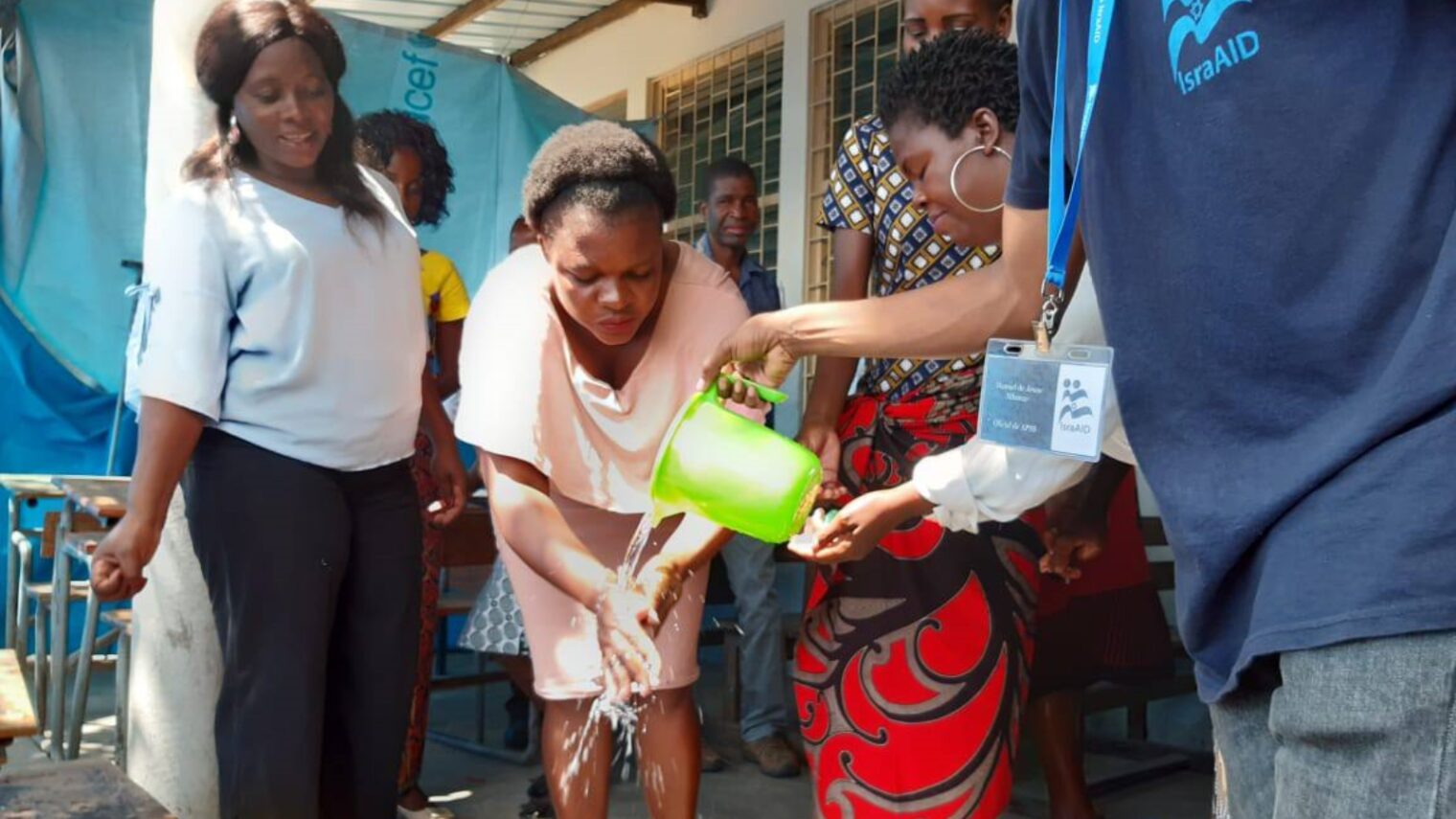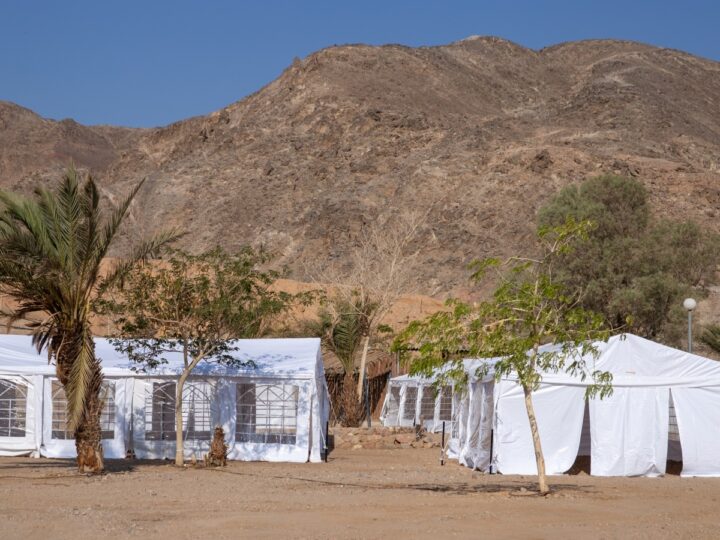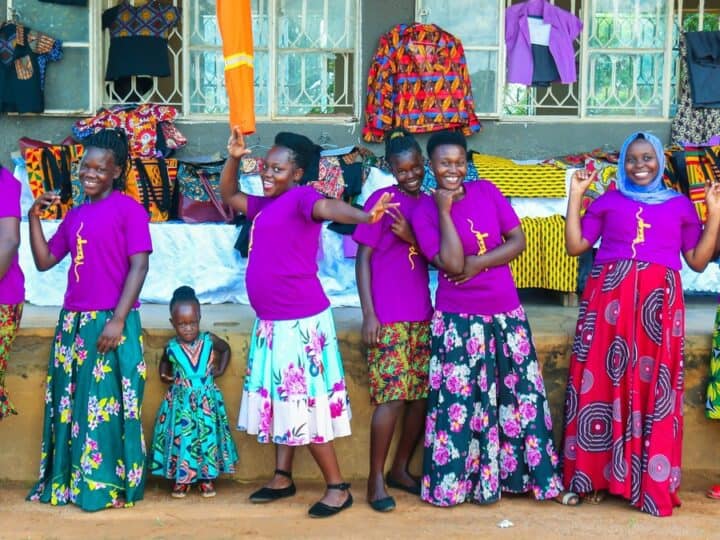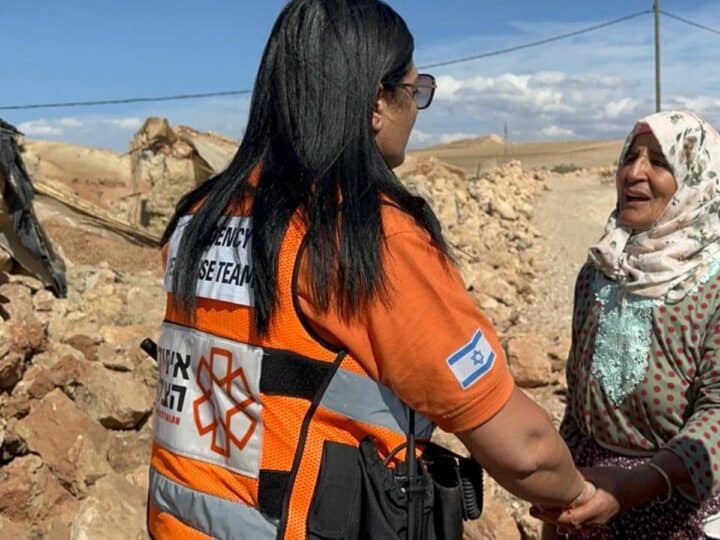Yotam Polizer has helped more than 250,000 people across the world in the wake of manmade and natural disasters. Even the Ebola outbreak in 2014.
Yet he’s never seen anything like the COVID-19 pandemic that he’s now navigating as CEO of Israel’s largest nongovernmental humanitarian aid organization, IsraAID.
“There are so many question marks,” Polizer tells ISRAEL21c, working from home like millions of others around the world right now.“At IsraAID we’re used to uncertainty and the unexpected, but here it’s on a whole different level.”
All international aid agencies are scrambling to balance workers’ wellbeing with those of the people they exist to serve.
“The rapidly evolving outbreak is pushing aid groups to plan for new responses in communities already facing long-running crises – and forcing a re-think of how the sector operates when resources are stretched on a global scale,” according to The New Humanitarian.
IsraAID has 250 paid staff and 6,000 registered volunteers on call. Most are Israeli and about 1,000 American, plus several from other countries.
Crews of Israelis, internationals and locals lead active IsraAID missions in 13 countries. The organization also responds regularly to special needs in countries outside its ongoing areas of operation.
In February, IsraAID helped organize two emergency shipments of protective garments to Chinese healthcare workers and offered “Helping the Helpers” webinars to them and to South Korean healthcare teams in early March.
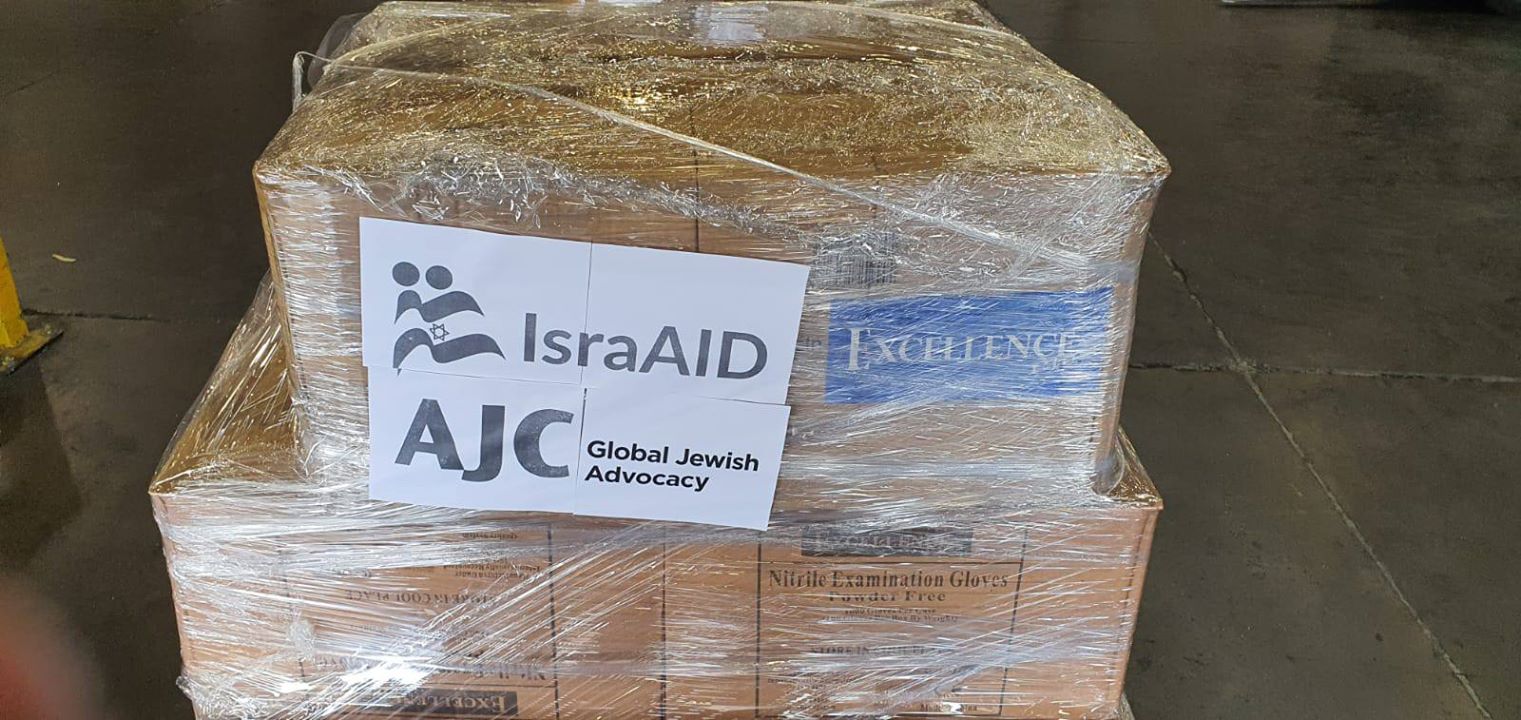
Now, in answer to requests from Jewish community partners in Italy and the United States, IsraAID is giving webinars on stress management, community resilience and psychological first aid to mental-health professionals dealing with the coronavirus pandemic in those countries.
A whole new game plan
“At first it was unclear how and when the virus would spread to the rest of the world,” Polizer says.
“A lot of our normal work is about sanitation and disease prevention. We told our staff to continue what they’re doing but to be aware of what is coming and be careful, while educating communities on minimizing risk.
“By early March, it was clear [the virus]would reach everywhere, and we needed a whole new game plan. In the last two weeks, we’ve seen confirmed COVID-19 cases in all the countries where we operate.”
Based on professional assessments of health and security risks in each country of operation, a response plan was formulated for every location. They’re subject to change as the situation rapidly evolves.
So far, about a dozen international IsraAID staff or volunteers have been evacuated to their home countries because they were stationed in places with limited health facilities, such as Dominica and Mozambique, or in places where borders were closing.
“We must juggle staff safety with finding creative ways to continue serving vulnerable communities,” says Polizer.
Difficult situations in Kenya and Greece
Each IsraAID mission still has staff on the ground, sometimes 40 or 50 people including locals.
“Truthfully, in some countries it’s not easy to be effective if we’re not on the ground giving services,” says Polizer.
“One of our biggest concerns now is Kenya. In the 200,000-person refugee camp where we work, there are four confirmed [COVID-19] cases. We are very worried that we could see children not survive the virus because malnutrition is a big risk factor.”
In Greece, both facilities operated by IsraAID with partners– a school at the refugee camp on Lesbos and a community center serving 100 people in Sindos – have been shut by government order.
IsraAID Country Director Sarah Danby said her team is using technology to keep programs running and communities informed.
“Not wanting to abandon the community, our staff have been busy transforming our activities into an e-learning program, easily accessible to all our community members and the wider refugee population,” Danby reports.
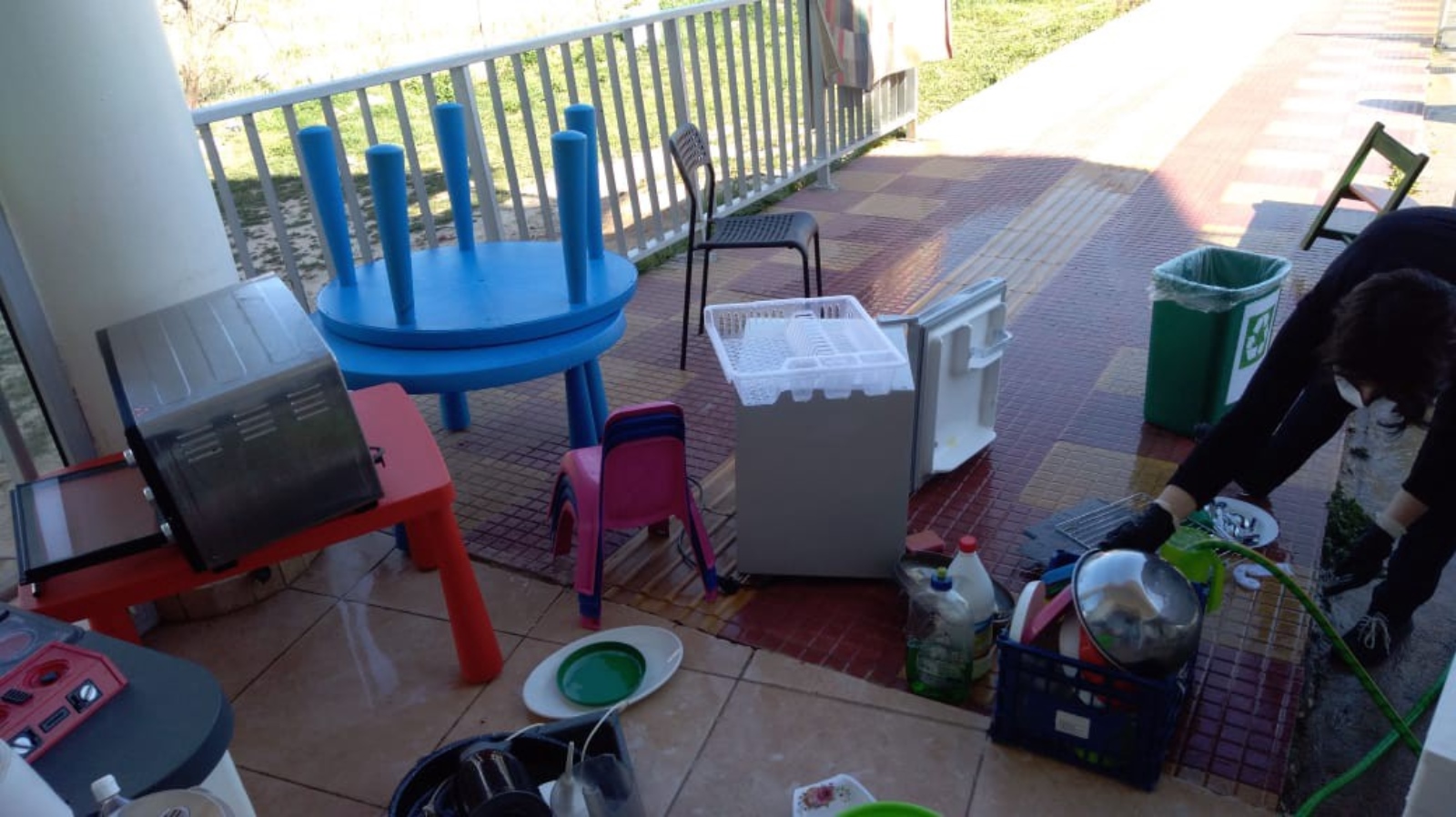
Polizer tells ISRAEL21c he has been pleasantly surprised at how well online programming for communities and staff has worked out.
“Our team really stepped up and developed relevant and amazing materials for webinars related to coronavirus,” he says.
“We had a very powerful online training for 54 staff members dealing with refugees and vulnerable communities in all the countries where we operate.”
IsraAID can take solace in knowing it is not alone. International humanitarian relief organizations across the world are reassessing their operations.
Organizations including the United Nations World Food Programme, Catholic Relief Services and CARE International report that staffers are traveling only to the most critical missions. They are all looking for other ways to continue aiding people who depend on them.
IsraAID is in contact with partner humanitarian organizations such as the Joint Distribution Committee (JDC) and the Israeli-led Nala Foundation that works to eradicate diseases of poverty in Ethiopia.
“We have to support the communities we know are most vulnerable in the world, and try to contain the spread of the coronavirus,” concludes Polizer.




